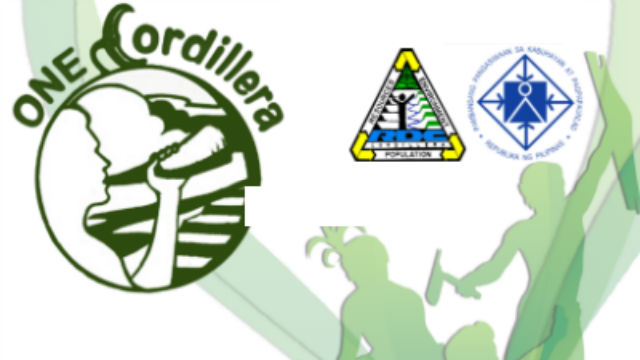BAGUIO CITY – The Baguio City Police Office in coordination with NEDA-CAR organized an Information, Education, Communication (IEC) forum on Cordillera Autonomy last October 30. Autonomy advocates Briccio Domondon and Peter Dumaguing discussed the basic concepts of autonomy and the region’s current advocacy.
Expounding on the concept of self-determination, Deputy City Director Edward Aquintey opened the program stating that during the Spanish colonial period “our forefathers in the Cordillera have always fought for freedom…to protect and govern the land that is their own”. “Rich in culture and tradition, as well as natural resources: the preservation of these [wealth] has always been the foremost reason for the fight for self-determination and Cordillera autonomy”, he continued. Autonomy advocate Briccio Domondon of Baguio City emphasized the indigenous peoples of the Cordillera have practiced forms of self-determination and self-rule for generations. Domondon cites ethnic practices, such as the Bodong, Pechen, and Tungtongan, which are similar to today’s institutionalized Katarungan Pambarangay. He added that the Katarungan Pambarangay is basically a copycat of what has been practiced by the various tribes of the Cordillera.
Autonomy Advocate Peter Dumaguing of Ifugao explained that many indigenous and sustainable practices can be institutionalized in an Autonomous Region of the Cordillera such as the Ifugao forest management system of Muyong. He highlighted that Cordillera autonomy was enshrined in the 1987 Constitution to promote social justice in exchange for the years of resource exploitation and developmental neglect experienced by the people of Muslim Mindanao and the Cordillera.
On defining a Cordilleran, Dumaguing said that the proposed organic law would not exclude non-indigenous Cordillerans; in fact, versions of the proposed Cordillera Organic Law define the Cordilleran as someone who is domiciled in the region.
Recently, however, members of the Organic Law drafting committee have clarified that indigenous peoples of the Cordillera shall retain their rights under the Indigenous Peoples’ Rights Act to include the five pillars of ancestral domain, self-governance and empowerment, tribal justice systems and human rights, cultural integrity, and entry into agreements and peace pacts.
The police officers responded by voting a majority “yes” during the mock plebiscite for Cordillera autonomy. To show her support for the advocacy, one police officer said that “we should not rely on the organizers to raise awareness on Cordillera autonomy since we ourselves are already aware of this”.
The Regional Development Council through NEDA-CAR engages partners in both the private and government sector to raise awareness and gain support for Cordillera autonomy. The RDC considering the region’s unique traditions and geography recognized autonomy as the best approach to achieving sustainable development in the Cordillera region as envisioned in the Philippine Development Plan.
By Marlo Lubguban













